
China’s Unyielding Pressure on Taiwan Continues Despite Election Results
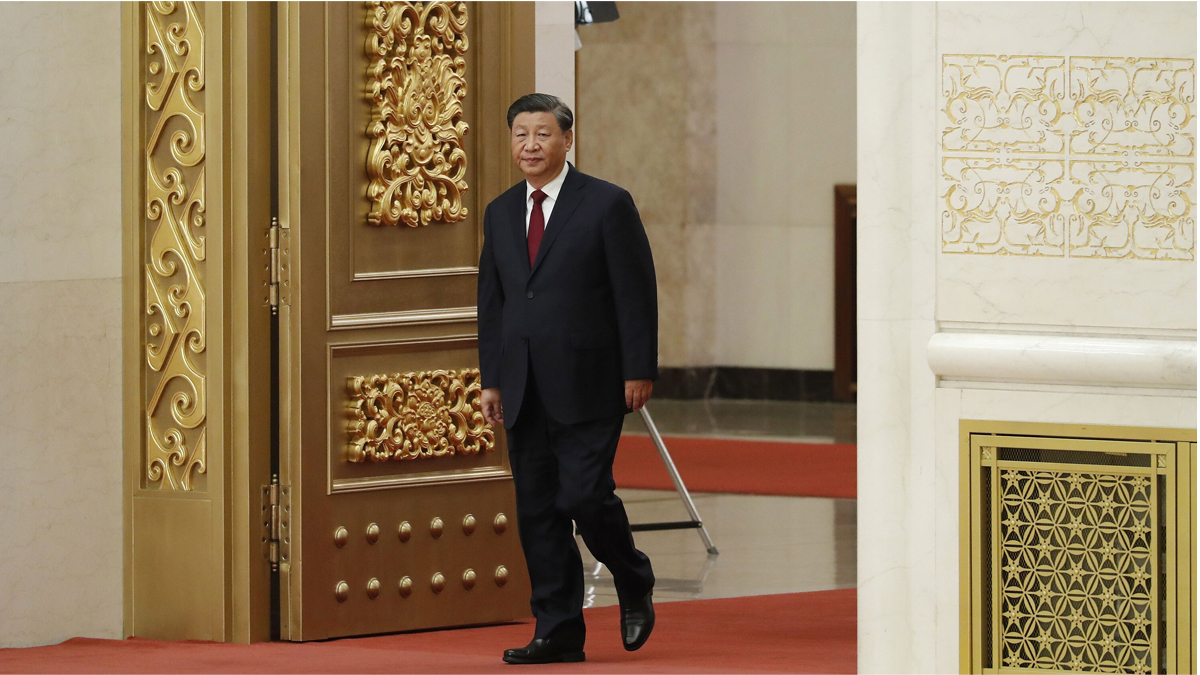
In the shadow of the recent Taiwan elections, China’s persistent campaign of warplanes, rhetoric, and intimidation tactics has dominated headlines, underscoring President Xi Jinping’s unwavering commitment to applying maximum pressure on the island. Despite the election of Lai Ching-te, leaning towards independence, for an unprecedented third consecutive term, tensions between Taiwan and China show no signs of abating. This comprehensive report delves into the nuanced aftermath of the election, exploring the implications for cross-strait relations, the international response, and the looming specter of potential military conflict.
Background:
Understanding the historical context is crucial for unraveling the complexities of the Taiwan-China relationship. The separation between the two entities occurred in 1949 at the end of the Chinese civil war, with China viewing Taiwan as a renegade province awaiting reunification, even if it requires force. The Democratic Progressive Party (DPP) in Taiwan, on the other hand, leans towards independence, further exacerbating the longstanding dispute.
China’s Multi-Faceted Intimidation Tactics:
Leading up to the recent elections, China employed a diverse array of tactics designed to dissuade voters from supporting Lai Ching-te and the DPP. Employing fearsome rhetoric, conducting military drills, and maintaining a near-daily military presence around Taiwan were all part of a comprehensive campaign aimed at pressuring the island. Analysts argue that these efforts, widely considered a signature policy of President Xi Jinping, are likely to intensify despite the election outcome.
Immediate Post-Election Reactions:
Following Lai Ching-te’s victory, Taiwan responded by urging China to “face reality.” However, Beijing’s official statements remained unyielding, emphasizing the immutable fact that Taiwan is an integral part of China. State-controlled media in China amplified this stance, with some commentary suggesting that Taiwan’s voters held no relevance and emphasizing the crucial importance of maintaining the option to use force for peaceful unification.
The Unintended Consequences of China’s Pressure Campaign:
Ironically, China’s heavy-handed approach may have had unintended consequences. Rather than dissuading voters, the threats and intimidation might have pushed them further towards supporting the DPP and its pro-independence stance. This dynamic mirrors the events of 1996 when Beijing’s missile tests, intended to prevent the election of Lee Teng-hui, ultimately failed to achieve their objective.
Taiwan’s Predilection for the Status Quo:
Despite China’s relentless pressure, many experts argue that Taiwan’s voters lean towards preserving the status quo rather than advocating for full independence. This preference for continuity could potentially act as a deterrent against immediate military conflict. Furthermore, experts highlight that while Beijing does not celebrate the status quo, there is no clear indication that it will initiate conflict to alter the current situation.
The Countdown to 2027:
CIA Director William Burns’ revelation last year that President Xi Jinping had ordered military readiness for a potential invasion of Taiwan by 2027 remains a looming concern. Experts agree that this timetable remains unchanged, and the key determinant is Xi’s perception of the power balance between China and its adversaries, particularly the United States and its allies.
Local Sentiments on Pingtan Island:
On Pingtan Island, the closest point to Taiwan, local sentiments reflect the fervor for reunification. A 75-year-old retired businessman expressed the belief that unification is closer than ever and emphasized the need to “liberate Taiwan” in this generation. This sentiment mirrors the broader nationalistic narrative prevalent in China, underscoring the domestic pressure on Xi Jinping to pursue a robust reunification policy.
International Responses and Diplomatic Challenges:
As tensions escalate between China and Taiwan, the international community, especially the United States and its allies, faces the challenging task of navigating a delicate diplomatic landscape. The U.S. has maintained a longstanding commitment to the defense of Taiwan, complicating relations with China. The intricate web of alliances and strategic interests in the Asia-Pacific region further complicates the situation, as global powers seek to balance their economic ties with China against their security commitments to Taiwan.
The Role of Economic Interdependence:
One key factor influencing the global response to the Taiwan-China conflict is the intricate web of economic interdependence between China and major global players. As China continues to rise as an economic powerhouse, countries around the world must weigh the economic benefits of engagement with China against their commitment to democratic principles and human rights. This delicate balancing act creates challenges for international actors seeking to address the Taiwan issue without jeopardizing their economic ties with China.
The United States’ Strategic Dilemma:
The United States, as a key player in the Asia-Pacific region, finds itself in a strategic dilemma. On one hand, the U.S. has a historical commitment to supporting Taiwan’s defense against Chinese aggression. On the other hand, the deep economic ties between the U.S. and China, coupled with the broader geopolitical competition, require a nuanced approach. Striking a delicate balance between supporting Taiwan’s autonomy and maintaining stable relations with China poses a considerable diplomatic challenge for U.S. policymakers.
Regional Alliances and Security Concerns:
Beyond the United States, regional actors such as Japan and other Asian allies also play a crucial role in shaping the response to the Taiwan-China conflict. Japan, with its historical tensions with China and its commitment to a free and open Indo-Pacific, faces dilemmas similar to those of the United States. The delicate balance between security concerns and economic interests underscores the complexity of the regional geopolitical landscape.
The Evolving Role of International Organizations:
International organizations, such as the United Nations, find themselves grappling with the Taiwan issue within the broader context of global governance. The question of Taiwan’s participation in international forums becomes a contentious issue, with China vehemently opposing any recognition of Taiwan as a separate entity. The evolving dynamics within international organizations reflect the broader challenges of balancing geopolitical realities with principles of self-determination and democratic governance.
The Humanitarian Dimension:
Amidst the geopolitical complexities, the humanitarian dimension of the Taiwan-China conflict cannot be overlooked. The potential for a military confrontation poses a significant threat to the lives and well-being of the people in Taiwan. The international community faces a moral imperative to prioritize peace, dialogue, and conflict resolution to prevent the escalation of tensions that could result in a humanitarian crisis.
The Role of Media Narratives:
Media narratives play a crucial role in shaping public perception and influencing international responses to the Taiwan-China conflict. Both Chinese and Taiwanese media contribute to the construction of narratives that often reflect the political agendas of their respective governments. Understanding the media landscape becomes essential in deciphering the nuances of the conflict and its broader implications.
The Tech Dimension: Cybersecurity and Information Warfare:
In an era dominated by technological advancements, the Taiwan-China conflict also manifests in the realm of cybersecurity and information warfare. Both sides engage in cyber operations, disinformation campaigns, and digital espionage to gain strategic advantages. The intersection of technology, national security, and information warfare adds a layer of complexity to the evolving dynamics of the conflict.
Conclusion:
In conclusion, the aftermath of Taiwan’s elections unveils a complex web of geopolitical, economic, and humanitarian challenges. China’s unyielding pressure, combined with Taiwan’s determination to preserve its autonomy, sets the stage for a prolonged and intricate cross-strait struggle. The international community, faced with a delicate diplomatic balancing act, must navigate the evolving dynamics to prevent the escalation of tensions into a full-blown military conflict. As the world watches closely, the Taiwan-China conflict remains a critical flashpoint in the broader geopolitical landscape, demanding nuanced and strategic responses to safeguard regional stability and global peace.


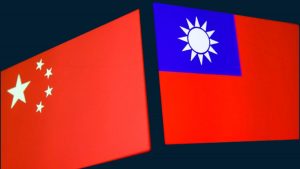
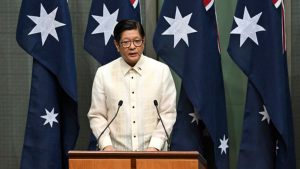
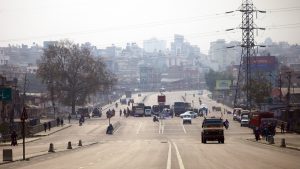
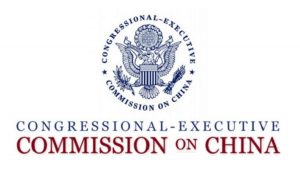
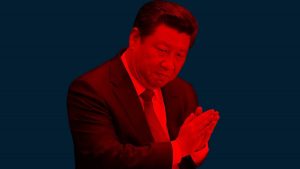
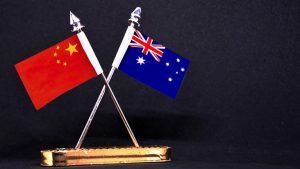

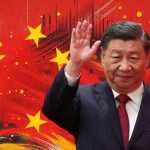

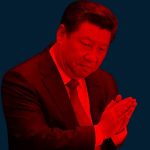
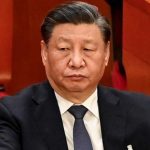

Comments